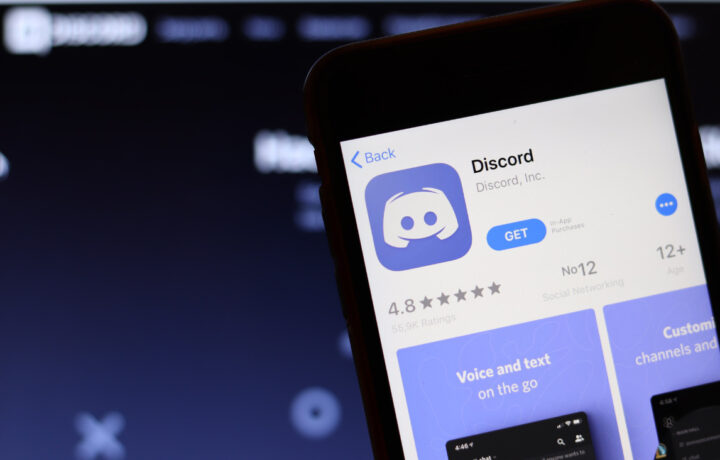Last week the news broke of the young airman leaking classified documents about Russia and Ukraine on Discord. While almost all of you are familiar with Facebook, Instagram, LinkedIn and Reddit (Hootsuite says the average person has seven social media accounts), unless you are under the age of 25 or have an affinity for a specific topic such as gaming, Discord may be unfamiliar territory. It was originally made for gamers and up until three years ago, was focused narrowly on that subject. Truth be told, I always heard it was a much cleaner, better mannered version of 4Chan with far more features.
While the classified documents in the news were released on the game Minecraft server (see Bellingcat Article), it has become wildly popular for multiple other subjects or organizations. Working in an academic institution, I have learned to use Discord to communicate with student groups, and since I am old enough to remember when the Dead Sea was sick, there is hope for you so as to not be left behind by the Gen Z crowd.
Discord is a messaging application in which you may join or start a “server”, kind of a clubroom where you can hang out and talk via text, voice, or video channel about whatever the server channel subject is. However, to enter the server you must have a specific invite only from a member who has permission to do so. You can make the server private as to eliminate viewing of channels by outsiders. Moving to a voice channel from a text channel or to a video channel is easy, and Discord users often do that swiftly when they want to keep a conversation separate or rapidly express their emotions in a formidable manner. It works on all operating systems, to include IOS, has file transfer capability, and the voice chat feature operates independently of your cell phone number.
Discord is essentially effective at no cost to the user or server host (known as proprietary freeware but without open source servers) but does have add-on premium features you can pay for such as added stickers and emoji and indirectly achieve such as higher quality voice transmissions. The developer also can sell vendor games through verified servers and receive a commission. The lack of ads on Discord is attractive to users. It is monitored for objective content through both Artificial Intelligence tools and self-policing server moderators and has recently implemented a trust and safety team.
With the massive increase in popularity of Discord, it naturally has seen its share of legal and privacy issues grow as well. Storing chat histories, lack of end-to-end encryption, weak password requirements, homes for radical groups, as well as, pedophiles, and cyber bullying and threats are just some of the problems that have been associated with the social media application. Whether there will be legal or regulatory action attempted against it for classified material marked Top Secret staying on a server for over a month remains to be seen, but Discord, due to its popularity amongst the younger generation, isn’t going away any time soon.




